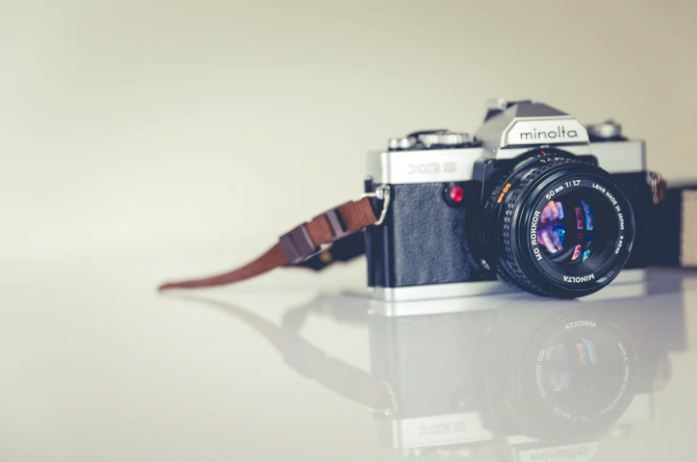Digital cameras are a boon for the environment. They neither use films like conventional cameras nor do they use harmful chemicals to develop the film.
This has brought down or done away with the use of chemicals used by photo development labs. Earlier photo labs ran the film through batches of chemicals that included developers and fixers.
Most of this used chemical was then released in the city drains without being treated. Similarly, the negatives were dumped in garbage bins or allowed to litter the streets.
The reason for this was simple. Most photo labs could not afford to set up proper treatment systems.
This was especially true of the small processing centers as well as photo labs located in third world countries. Only the large and reputed processing centers complied with environmental laws.
Most of these chemicals invariably ended up in streams and rivers. One can only imagine the damage that film processing labs caused to the environment over the years.
The damage was particularly high in poor countries, where even basic awareness was lacking.
Cruise ships were another source of film processing chemicals. These ships regularly dump raw sewage into the ocean, including film processing chemicals from onboard film processing centers.
One has to be on these ships to realize how many rolls of films these onboard centers process. Every time the ship docks at a port, tourists come back with hundreds of pictures that they want to be developed immediately.
These ships make sure that they dump the chemicals in international waters where environmental laws of no nation apply.
This way they escape paying fines or being prosecuted but the damage they cause to the environment is enormous.
With digital cameras, most of the photos are transferred in an electronic form, so the damage to the environment is much less.
Tourists can shoot hundreds of photos on their digital cameras, erase the ones they don’t like and save the rest on their laptop for printing back home.
They can also e-mail these pictures to their friends and relatives, instantly. This again is a pollution-free activity and benefits all.
Another advantage is that those who want to print photographs use laser or inkjet printers. In these printers ink is stored in cartridges.
After use, the cartridges are carried away as solid waste to landfills. The damage to the environment therefore is negligible.
This damage will come down further as most camera companies phase out their conventional cameras, and switch to digital cameras.
This will happen not because the camera companies have suddenly become environmentally conscious but because the demand for digital cameras is growing.
The only damage that digital cameras cause is from the use of alkaline batteries. These batteries need to be disposed properly so that they end up in landfills.
Otherwise, the chemicals stored in these batteries will gradually seep into the ground, affecting the soil quality.
The use of rechargeable batteries has reduced the dependence on alkaline batteries considerably, but not fully.
But overall the environment has benefited from digital cameras.

